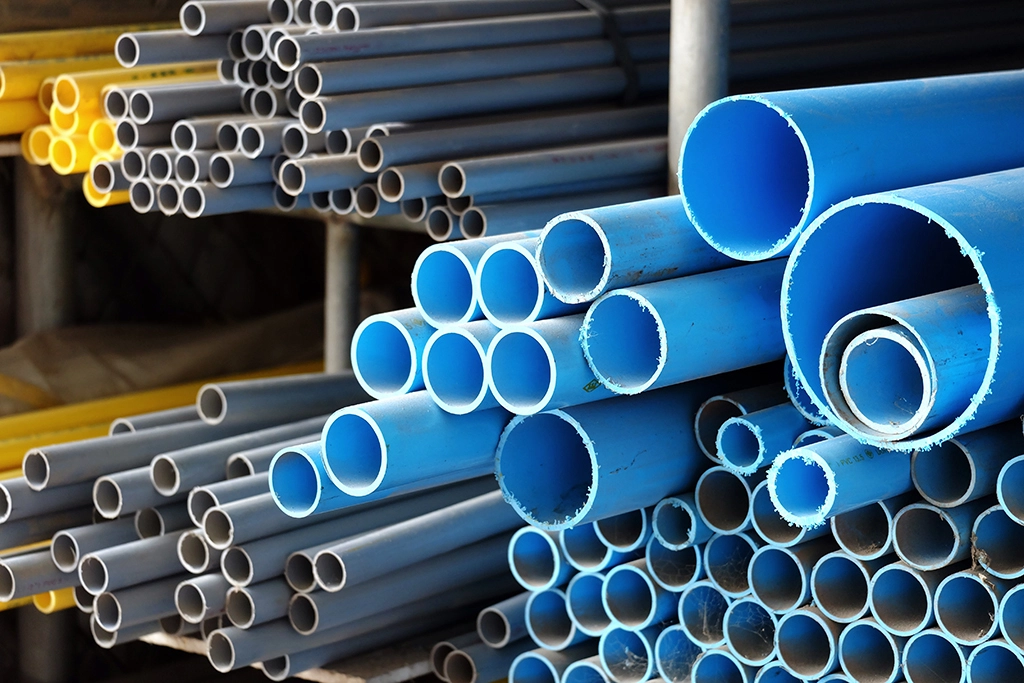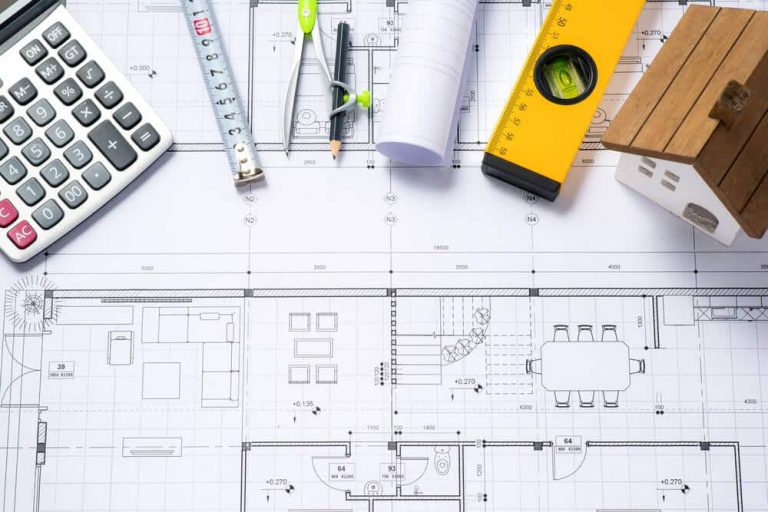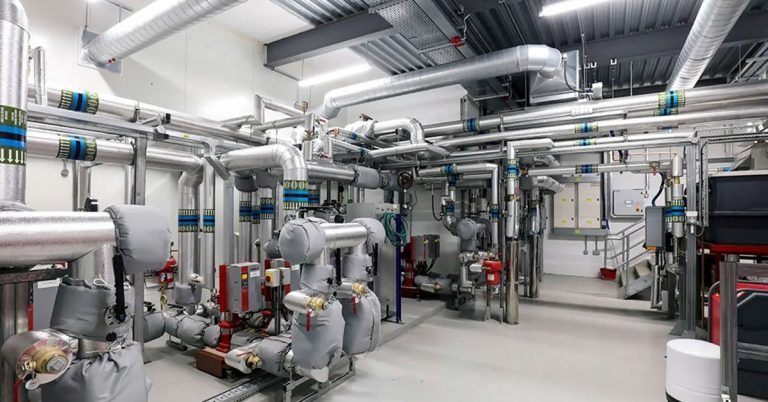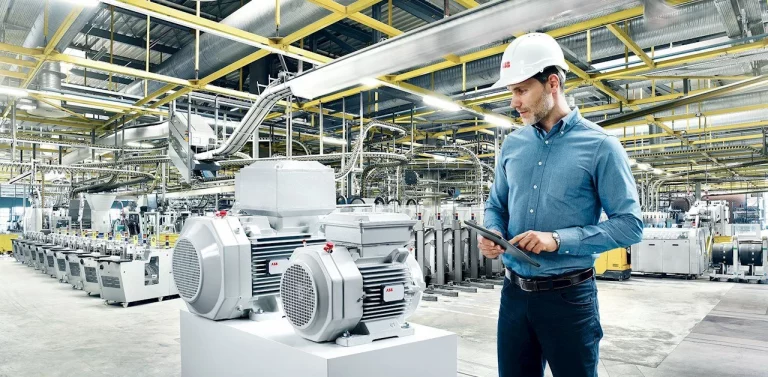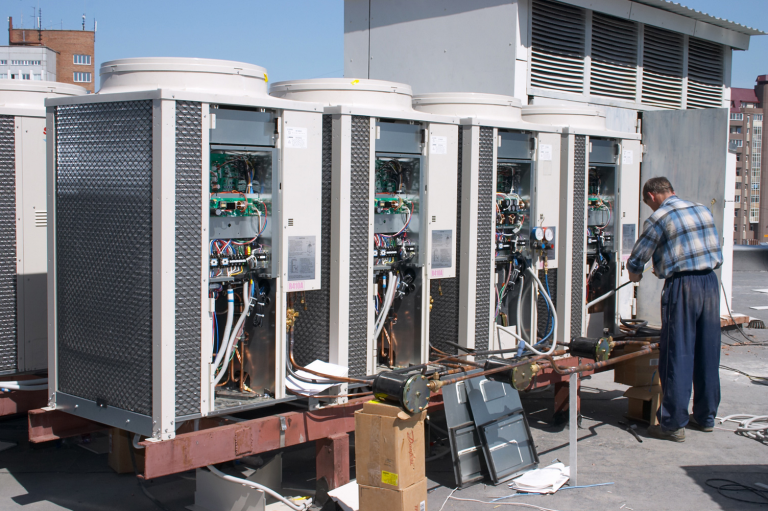What Type of Pipe is Used for Main Water Lines?
What Type of Pipe is Used for Main Water Lines? Main Water Lines are underground piping systems responsible for supplying water to the property. It is also known as a cold supply water line. They are an integral part of the plumbing system.
You may be surprised to know that various types of pipes can be used for main water lines.
The type of pipe that you choose should fulfil the building’s requirements and be cost-effective. To select the most suitable material type you will need to have a comprehensive understanding of different types.
FIND OUT WHAT TYPE OF PIPE IS USED IN MAIN WATER LINES BY FOLLOWING THIS EXTENSIVE GUIDE AND SELECTING THE PERFECT PIPE FOR YOUR CONSTRUCTION PROJECT!
Common Materials Used for Piping
Knowing the right type of pipe can help to ensure a good water supply, create an accurate budget and meet the needs of your building. Estimating Plumbing Costs becomes easier after knowing which type of material will be used in the project. After all, the key to a profitable construction project is an accurate budget that prevents cost overruns and time delays!
Let’s take a look at some of the most common materials used for piping.
- Steel
- Copper
- PVC
- HDPE
- Cast Iron
- CPVC
- PEX
There are various diameter options as well such as 6,8,10,12,16 inches.
What Type of Pipe is Used for Main Water Lines?
We have made a list of the most common materials for pipes. An important question still remains, What Type of Pipe is Used for Main Water Lines? Let’s break down the characteristics of these materials to better answer this question.
Copper
Copper is usually one of the first choices for home plumbing systems due to its features. They are also used in HVAC systems. Other than that it is a common material which makes it easy to access. Many contractors and subcontractors mostly tend to pick copper. Since it is flexible it can be used to form pipes for thin walls.
Advantages
- Strong
- Flexible
- Can last upto 50 years
- Easy installation
- Comes in different thickness
Disadvantages
- Acidic corrosion
- Will require a protective coating if used for underground pipes
- Requires maintenance and checks
PVC or Polyvinyl Chloride
PVC is thermoplastic, one of the oldest synthetic materials. Plumbing Cost Estimator will usually pick PVC pipes as they are resistant to corrosion. Main Water lines are located under the roadway so they need to be strong and durable. PVC is a popular choice for long-lasting water pipes that require less maintenance. It also comes in different colours which helps to differentiate its purpose.
Advantages
- Resistant to chemicals and corrosion
- Lightweight
- Cost-effective
- Long-lasting
- Comes in a variety of thickness
Disadvantages
- Poor resistance to fire
- Structural instability
- Vulnerable to sunlight and UV rays
- Can produce toxic fumes when burnt
Galvanised Steel Pipe
The Galvanised steel pipe is coated with zinc which protects it from water corrosion. Galvanised steel pipe is mostly used for larger construction projects. A commercial or Industrial Piping Cost Estimator may opt for galvanised steel pipe.
Advantages
- 40 years life
- Low price
- Easy to inspect
- Protection from rust and corrosion
Disadvantages
- Difficult and time-consuming to install
- Prone to mineral buildup
- Chipping issues
CPVC or Chlorinated Polyvinyl Chloride
CPVC can be used to transfer both hot and cold water due to its resistant properties. Moreover, it can also bear harsh underground conditions. CPVC has long durability but may be more expensive than the rest of the pipes.
Advantages
- Can withstand temperatures up to 180° Fahrenheit
- Can last up to 60 years under perfect condition
- Resistive to corrosive substances
- Abrasion resistance
Disadvantages
- More expensive than other piping options
- Sensitive to sunlight or UV exposure
- Requires proper shielding
PEX or XLPE
PEX is also known as cross-linked polythene. It can be used for both hot and cold water lines. It is durable and can last a long time. PEX has been replacing copper as it is cheaper and easy to move from one place to another. It can be bent to fit into complex spaces.
Advantages
- Lifespan of 50 years
- Low cost
- Easy to transport
- Flexible
Disadvantages
- Sensitivity to light
- Chlorinated water has negative effect on PEX pipes
- Non recycle bale
- Can affect the odour of water
High-Density Polyethylene (HDPE) Pipe
High-density polyethylene pipe is made from thermoplastic that can transfer water. It is good for high-pressure pipes due to its strong structure. It can be moulded into different shapes. HDPE is commonly used for water mains.
Advantages
- Flexible
- Safe for transfer of drinking water
- Chemical resistance
- Resistant to corrosion without coating
- Can last upto 50 or 60 years
Disadvantages
- Flammable
- High thermal expansion
- Low temperature compatibility
How to Make the Right Choice?
The best pipe is the one that fits your requirements and budget. What Type of Pipe is Used for Main Water Lines that is best for you? The prices of main water pipes can vary depending upon the type and quantity. If you are starting a large-scale project such as commercial or industrial you will need more quantities of pipes.
So define your goals and bring clarity to the scope of the project to make the right decision. The type of pipes you choose will have a huge impact on the functionality of the plumbing system.
COLLABORATE WITH A PROFESSIONAL NOW THAT WILL NOT ONLY DESIGN AN ACCURATE PIPING BUDGET FOR YOU BUT ALSO AID THE DECISION-MAKING PROCESS!
Conclusion
This article was written to answer the question, What Type of Pipe is Used for Main Water Lines? The crux of this blog is that there can be a number of pipes used for plumbing systems but not all of them will fit your requirements. Pipes are the key component of the plumbing system, therefore they need to be durable and resistant without affecting the quality of water. To make the right choice you can survey the construction market or collaborate with a professional.

